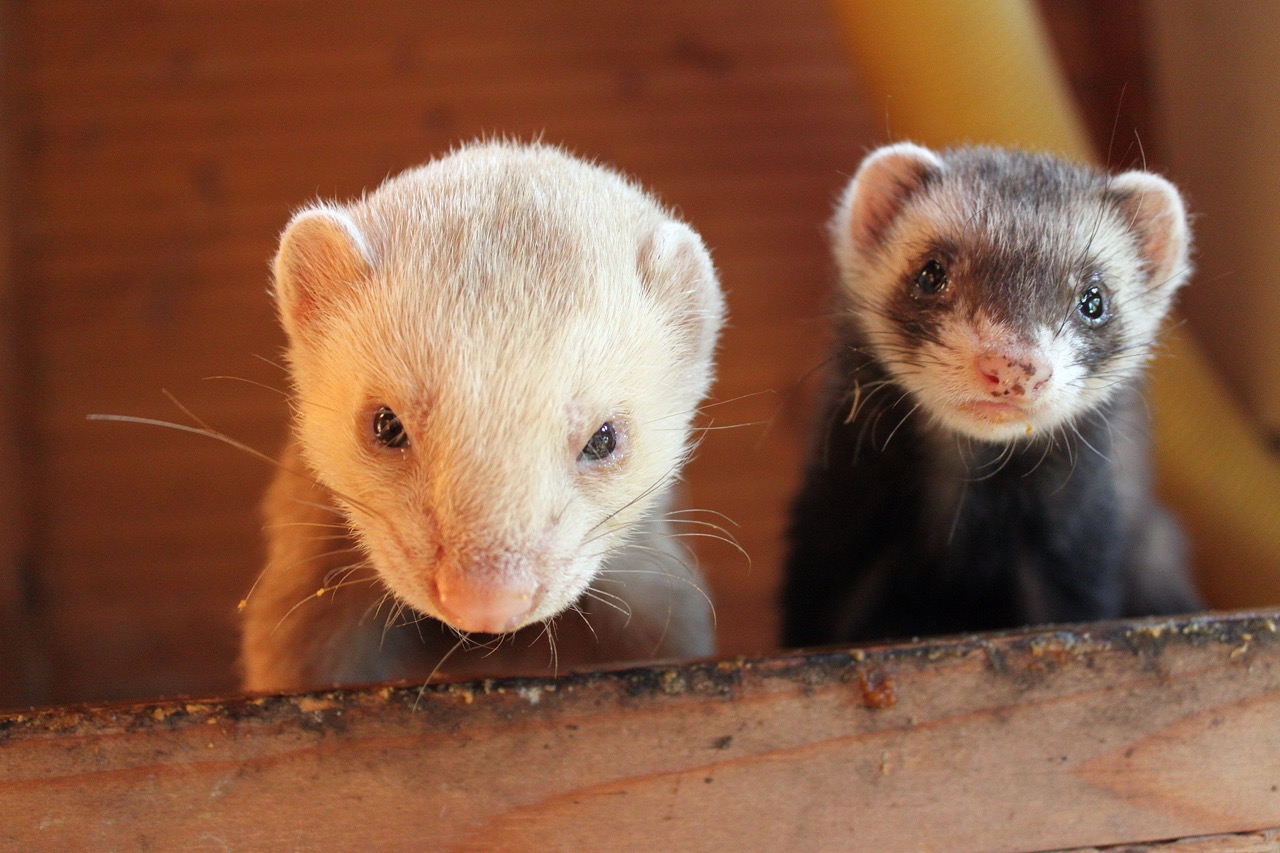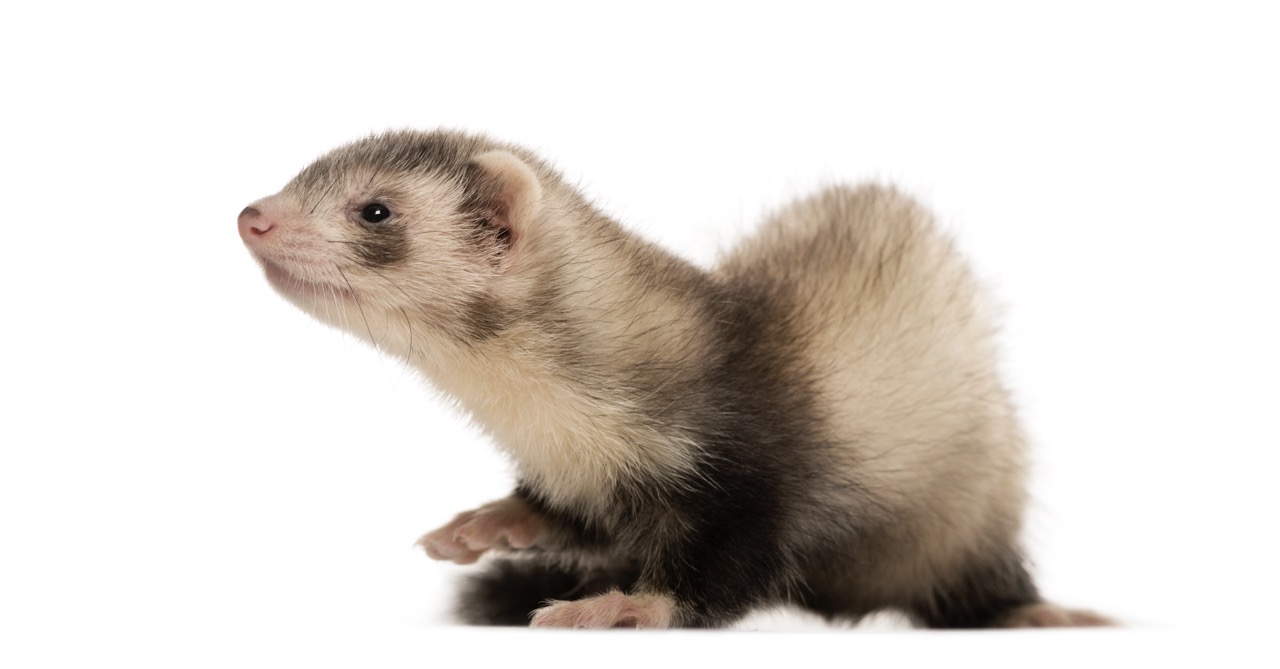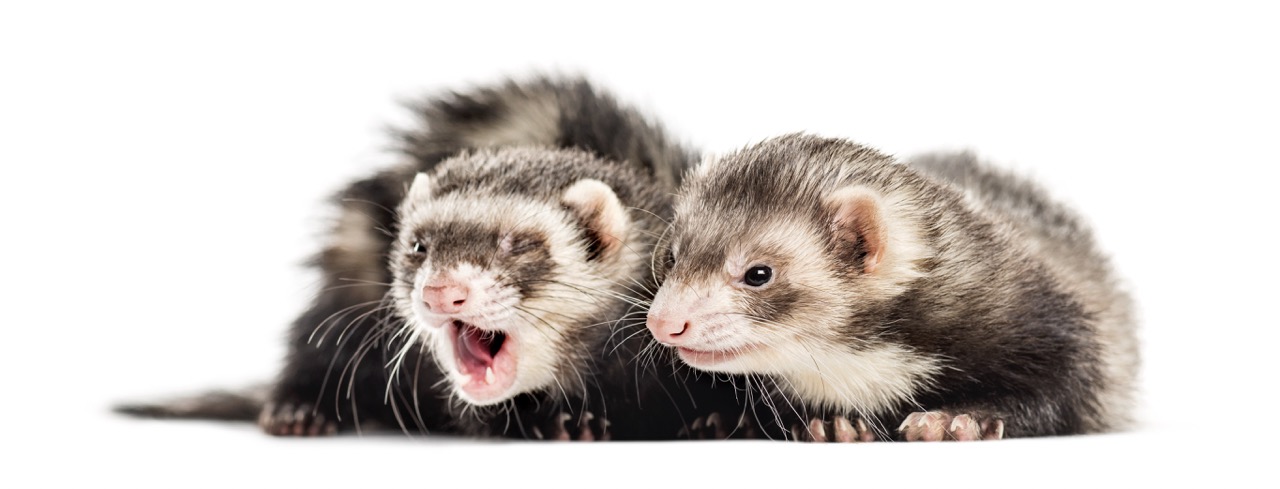Ferrets are lively and curious pets that thrive under the right conditions. However, winter presents unique challenges for their health and well-being. As temperatures drop, ferret owners must adjust their care routines to ensure their furry companions remain healthy and happy. This article will explore essential aspects of winter ferret care, including understanding their health needs, nutritional adjustments, creating a comfortable living environment, and conducting regular health checks.
Understanding Ferret Health Needs in Cold Weather
Ferrets are sensitive animals that can struggle in frigid temperatures, as their natural habitat is typically warmer. During winter, it’s crucial to monitor your ferret for signs of discomfort or illness. Cold environments can lead to various health issues like hypothermia, respiratory infections, and lethargy. It is important to keep their living space warm and draft-free to safeguard their health.
Moreover, ferrets have a higher metabolic rate than many other pets, which means they require consistent warmth to maintain their energy levels. A temperature range of 60-70°F (15-21°C) is ideal for ferrets. Understanding your ferret’s individual needs is vital, as some may be more susceptible to cold than others, depending on their age, health, and fur density.
Lastly, be vigilant for any behavioral changes that might indicate health issues. If your ferret becomes unusually lethargic, exhibits changes in eating habits, or shows signs of distress, it could be a sign of cold-related health problems. Regular observation and understanding their typical behavior can help you identify potential health concerns early.
Essential Nutritional Adjustments for Winter Care
During colder months, ferrets may require slight modifications to their diets to help them maintain their energy levels and stay warm. Increasing their caloric intake can provide the extra energy they need to generate body heat. High-quality ferret food, rich in protein and fat, is essential during this time. Look for brands that specifically cater to ferrets and offer a balanced nutritional profile.
Additionally, consider incorporating warm foods into their diet. Slightly heating their kibble or offering freshly cooked meats can stimulate their appetite and provide comfort. Hydration is also crucial; ensure they have access to fresh, clean water at all times, as dehydration can occur even in winter.
Lastly, monitor their weight closely during this season. Seasonal changes in activity levels and appetite can lead to weight fluctuations. Regular weigh-ins will help you ensure that your ferret maintains a healthy weight throughout the winter months.
Creating a Safe and Comfortable Living Environment
Creating a warm and safe environment for your ferret is paramount during winter. Their living space should be insulated and free from drafts, as cold air can lead to health complications. Consider using blankets, bedding, or pet-safe heated pads to provide extra warmth. Ensure that their sleeping area is cozy, as ferrets love to burrow and stay snug.
Moreover, ensure their play area is safe and free from hazards. Reducing access to cold floors or areas with drafts can prevent unnecessary exposure to harsh conditions. If your ferret enjoys outdoor time, limit their exposure to cold weather and ensure that playtime is brief and supervised.
Lastly, consider reducing the time they spend in extreme temperatures. If your ferret has access to outdoor spaces, provide shaded or sheltered areas, but consider bringing them inside when temperatures drop significantly. Keeping your ferret’s environment comfortable will help maintain their health and happiness during winter.
Regular Health Checks and Veterinary Considerations
Regular health checks become even more critical during colder months. Monitoring your ferret for signs of illness or distress will help catch any potential health issues early. Common winter ailments in ferrets include respiratory infections, which can be exacerbated by cold and damp conditions, so look out for symptoms like coughing, sneezing, or nasal discharge.
Additionally, maintaining a consistent schedule for veterinary check-ups is important, especially if your ferret is older or has pre-existing health conditions. Cold weather can exacerbate existing health problems, making it essential to keep your veterinarian informed about any changes in your pet’s health or behavior.
Lastly, ensure that your ferret is up-to-date on vaccinations and preventive care. Discuss with your veterinarian about any seasonal vaccinations that may be necessary and consider flea and tick prevention, as these pests can still pose a risk even in winter. Keeping an open line of communication with your vet will provide you with the best resources and advice for your ferret’s well-being.
In summary, keeping your ferret healthy during the winter months requires attentive care, dietary adjustments, and a safe living environment. By understanding their unique health needs, making necessary nutritional changes, ensuring a comfortable habitat, and conducting regular health checks, ferret owners can help their pets thrive during the colder season. With the right precautions and care strategies, your ferret can enjoy a happy and healthy winter.










